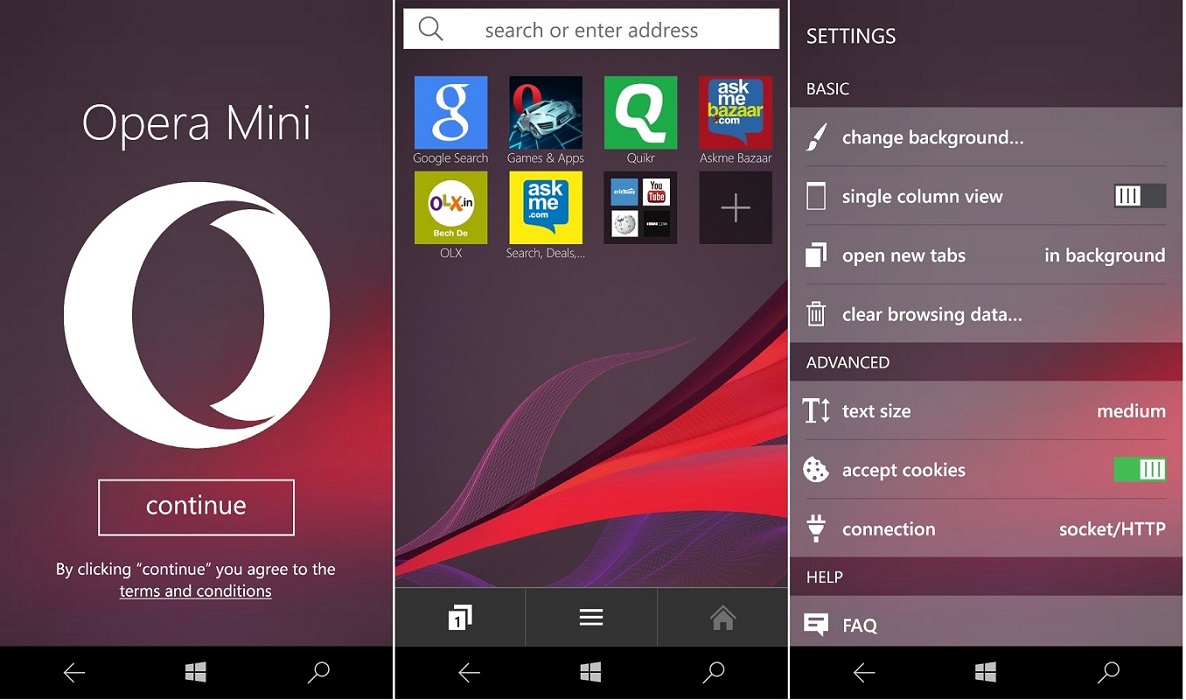

The idea here is to whitelist certain ads or ads on particular websites so that we have a win-win situation – the sites get their revenue from their “spared ads” while the “ad blockers” make money or some other “beneficial exchange” for providing this service.

It can easily be turned into a business by making use of the very ads it purports to block. Here’s why:Īd Blocking is not always charity work. It does work I must say, that is for the most part. Years ago they didn’t leverage on this Ad Blocking as a selling point, now it’s all the rage.
they’re not part of the content (or are just secondary to it) and thus can be easily forfeited.Īs such, blocking ads is the golden goose for data savings hence the reason why Opera now prides itself for having an Ad Blocker on their browser. typically they’ve to be loaded from other servers thus slowing down the page loading. most are rich media though text only ads exist. With regards to blocking content completely to save data, the obvious victim here are Ads, and for valid reasons: Images are readily compressed to one of three quality settings (high, medium or low) while videos and audios don’t auto-play, though the browser now sports a video detection module that allows playing and downloading of videos. Now the most critical facet in saving data is achieved by compressing, minimizing or blocking rich media content i.e. Sites heavily dependent on scripts tend to be the obvious victims of this. This makes it possible to load pages rather quick even when on slow connections however depending on the complexity of the page, some may get broken in the process while others may never load at all. It achieves this by server side compression, which basically means that web pages are first compressed by their servers before the browser loads them. The main selling point for Opera Mini has always been the fact that it saves data.






 0 kommentar(er)
0 kommentar(er)
